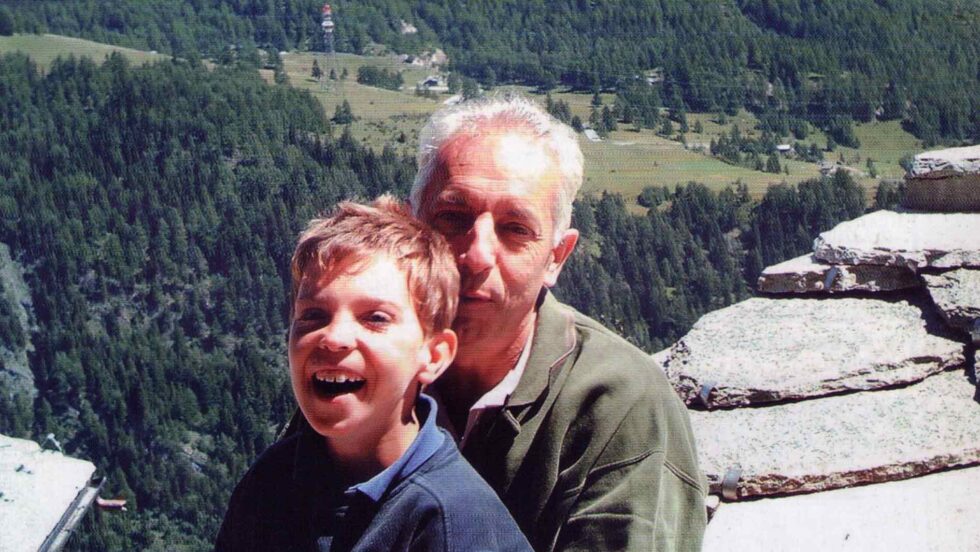One of the more common pleasantries is the one about “health”, along with the one about the weather. Health is truly important and it’s right to care about it. Yet, taking care of oneself, being able to carry out periodic clinical checkups, it is just expected and taken for granted by many. It is certainly less simple for people who have a disability, especially if the person has intellectual and communication problems that make them less or not at all “collaborative”.
A report from the World Health Organization on health equity for persons with disabilities from December 2022 started with some considerations that, evidently, still cannot be taken for granted: «Disability is part of being human and integral to the human experience. Persons with disabilities are part of human diversity, and although often referred to as a single population, they are a very diverse group of people. Persons with disabilities have an equal right as any person to the highest attainable standard of health». A standard currently not researched sufficiently: indeed, in this report we read that the life expectancy of a person with a disability compared to one without one is 20 years lower for men, and 15 for women.
It’s a striking fact, worse even because the premature death is not due to disability but rather is attributed to the lacking attention to their ordinary health. The report recognizes and talks openly about «preventable, inequitable and unjust factors» that need to be resolved. In focus of this issue, we have given space for the voices of those who have experienced and lived this disparity firsthand and encountered the good practices already underway in our country. It’s not about seeking or wanting «preferential treatment» but rather it’s to bring attention and find ways to fix this. Because health is a human right for everyone.
Translation from Italian to English by Sarah Jorgensen on the initiative of the course taught by Nives Valli using the Service-Learning pedagogical approach at John Felice Rome Center della Loyola University Chicago.





